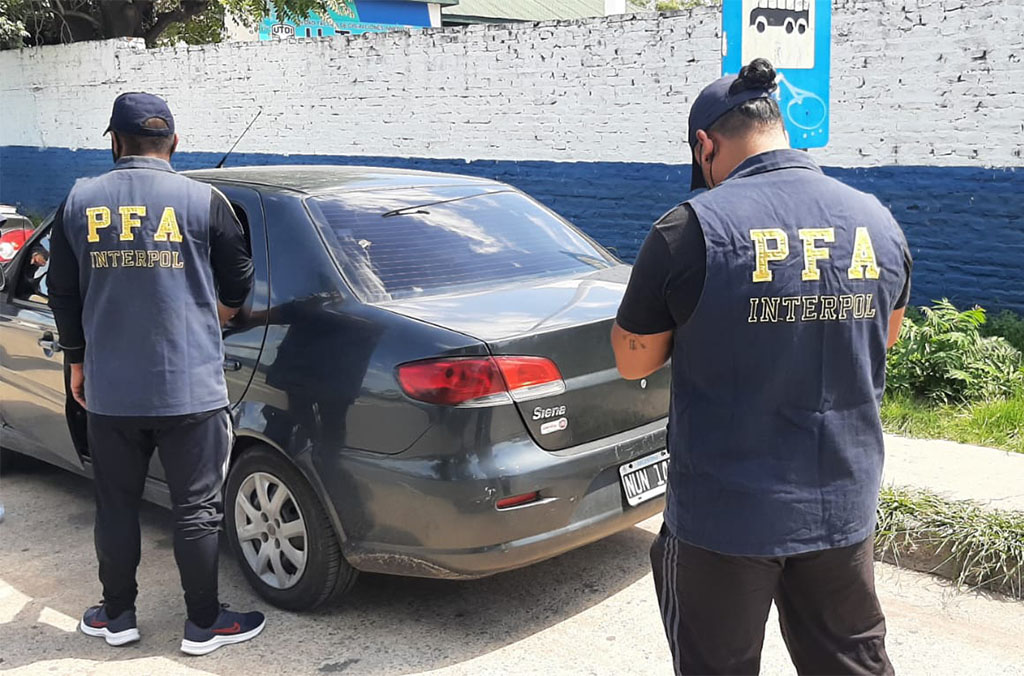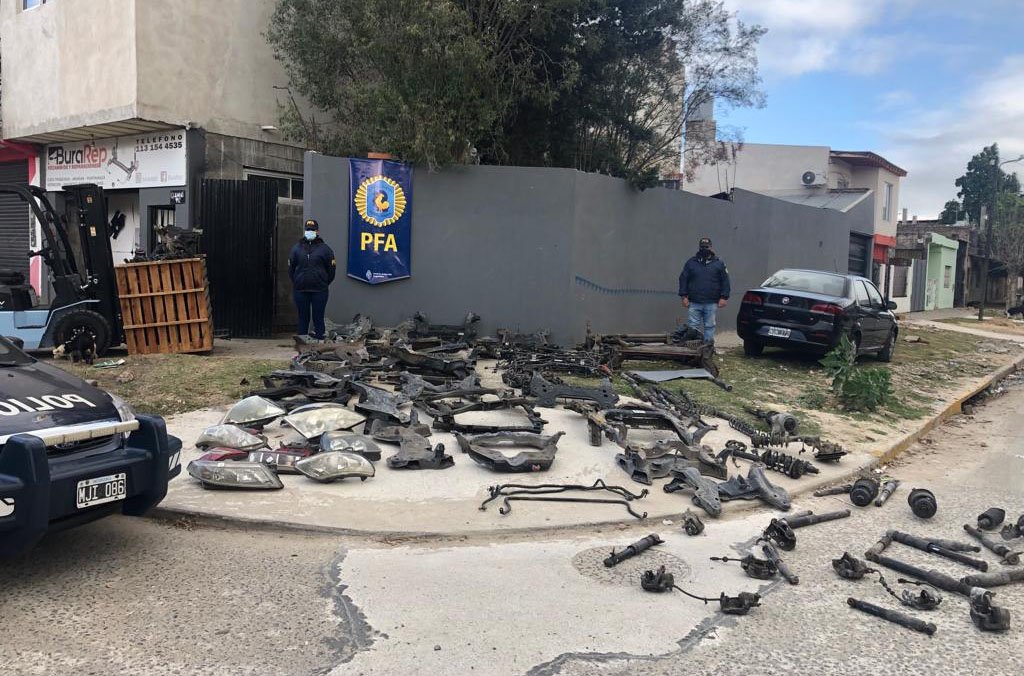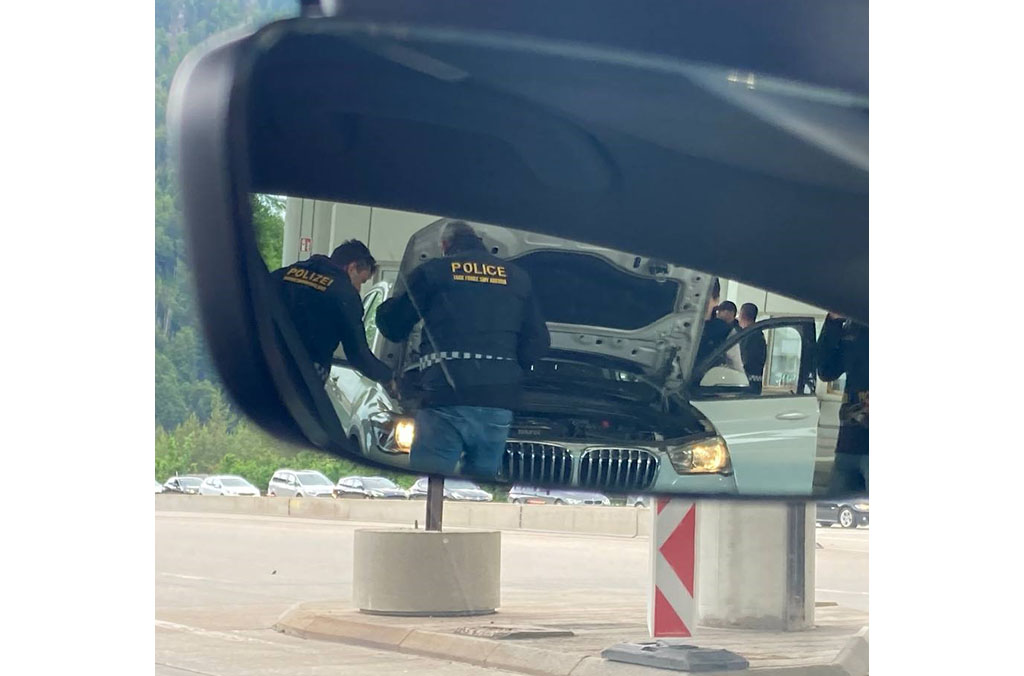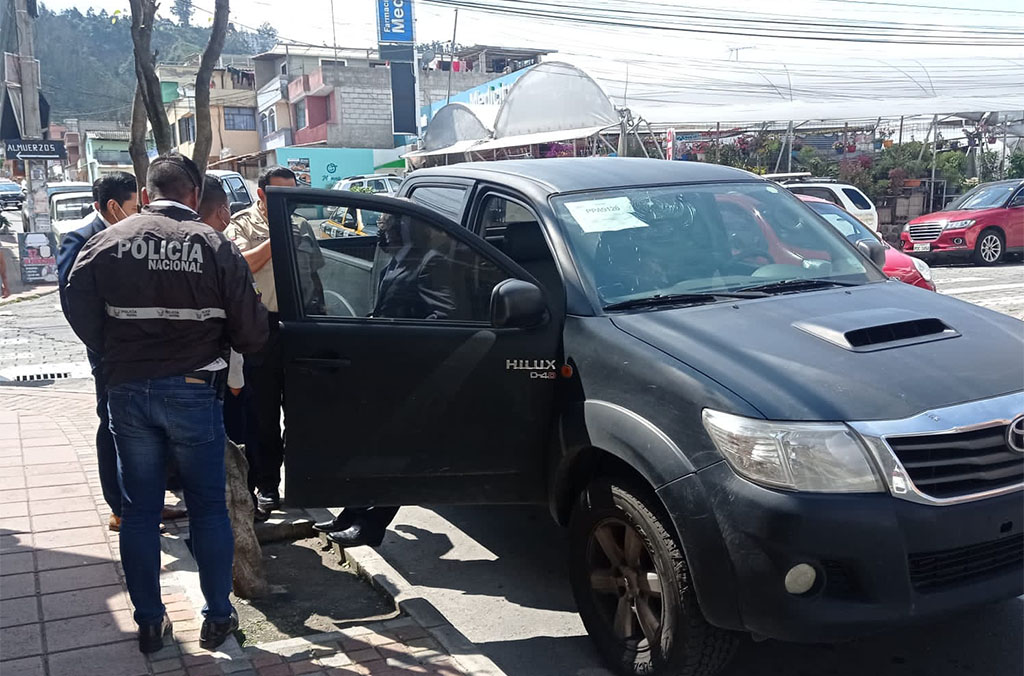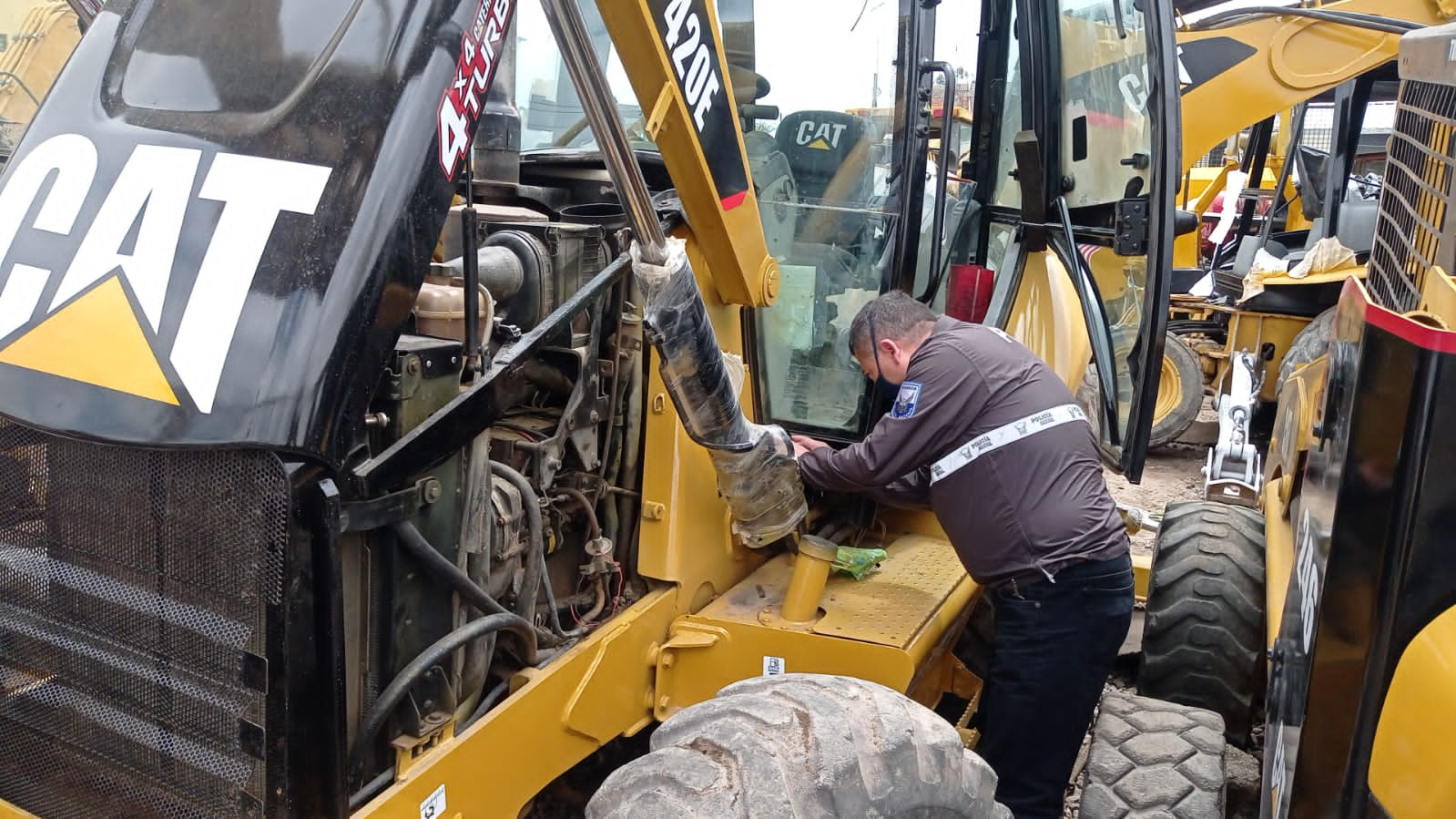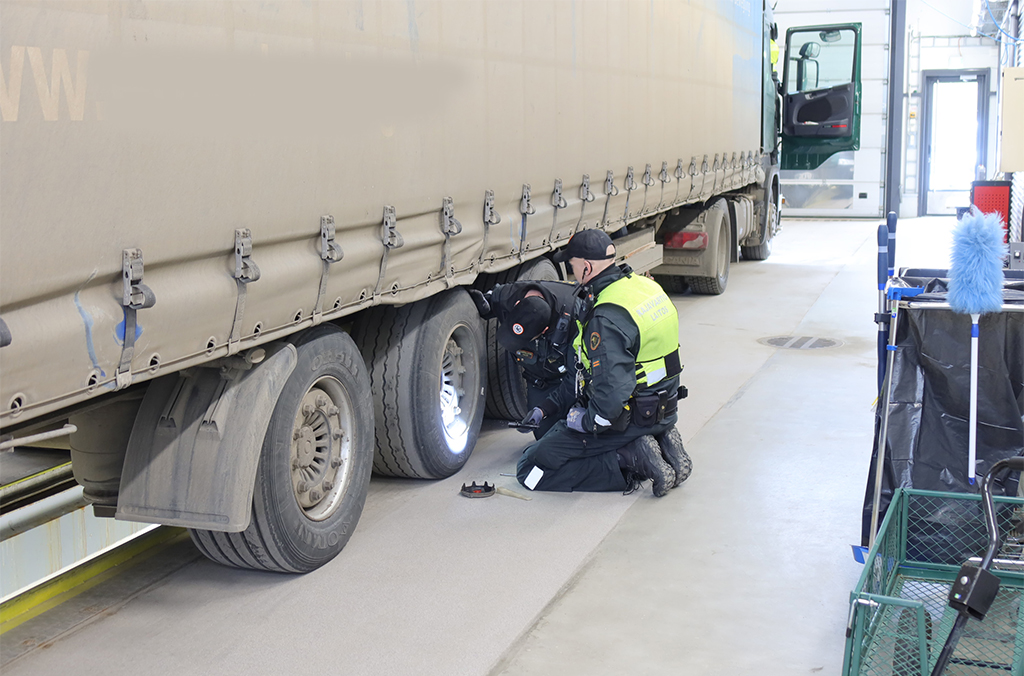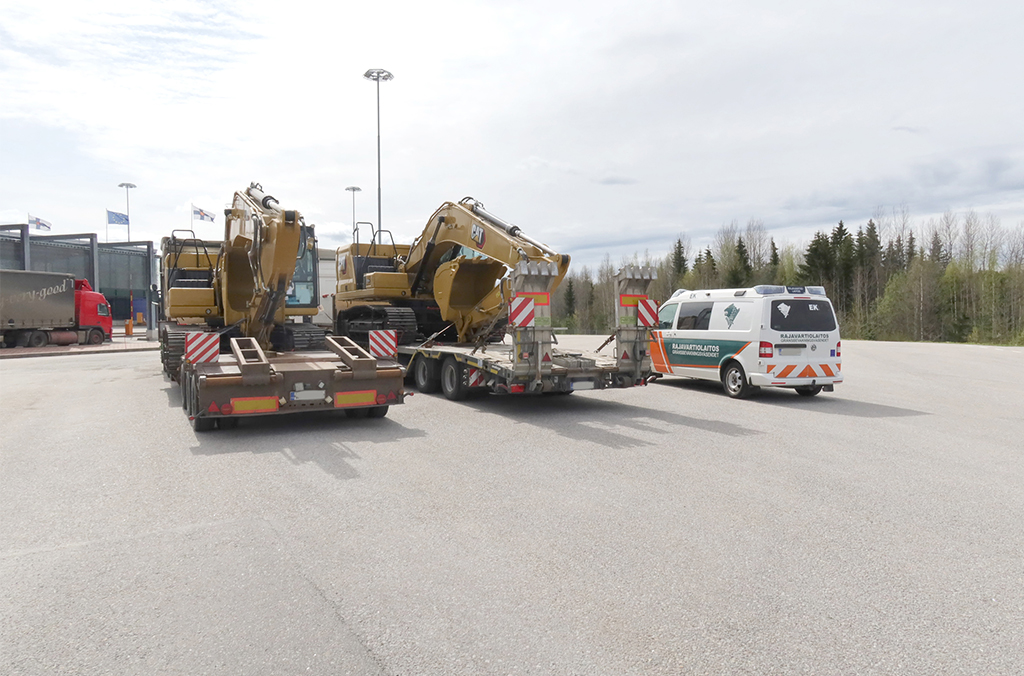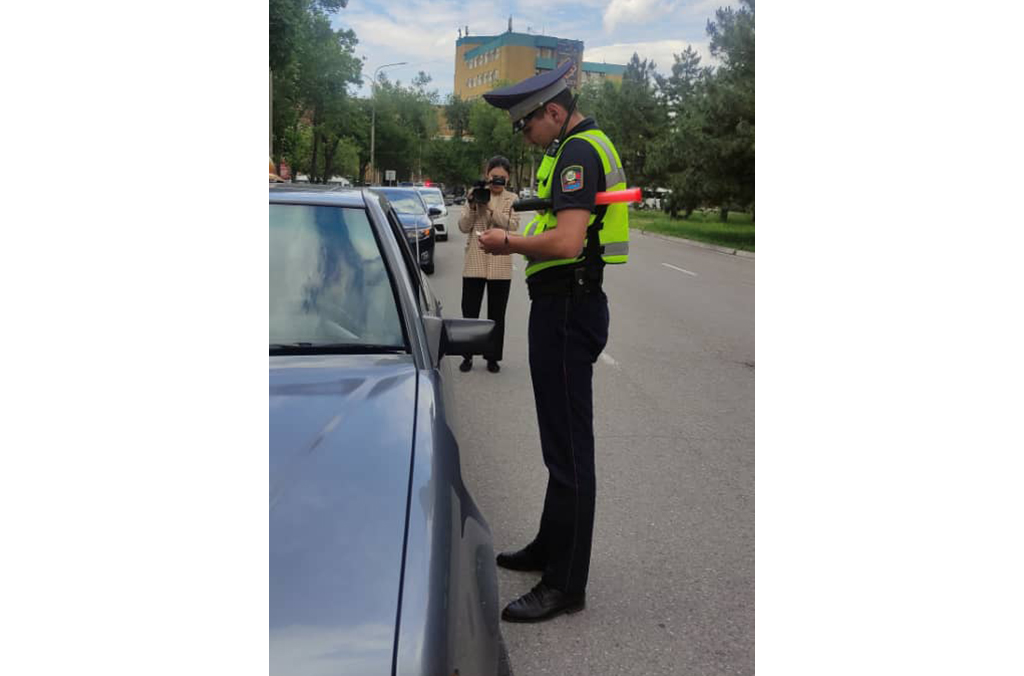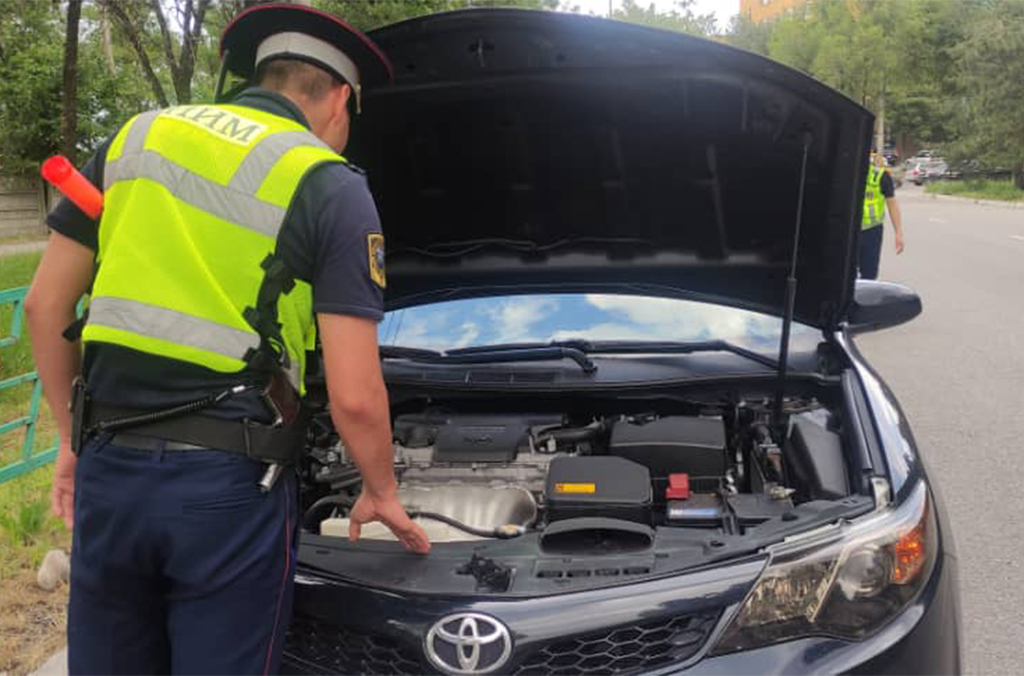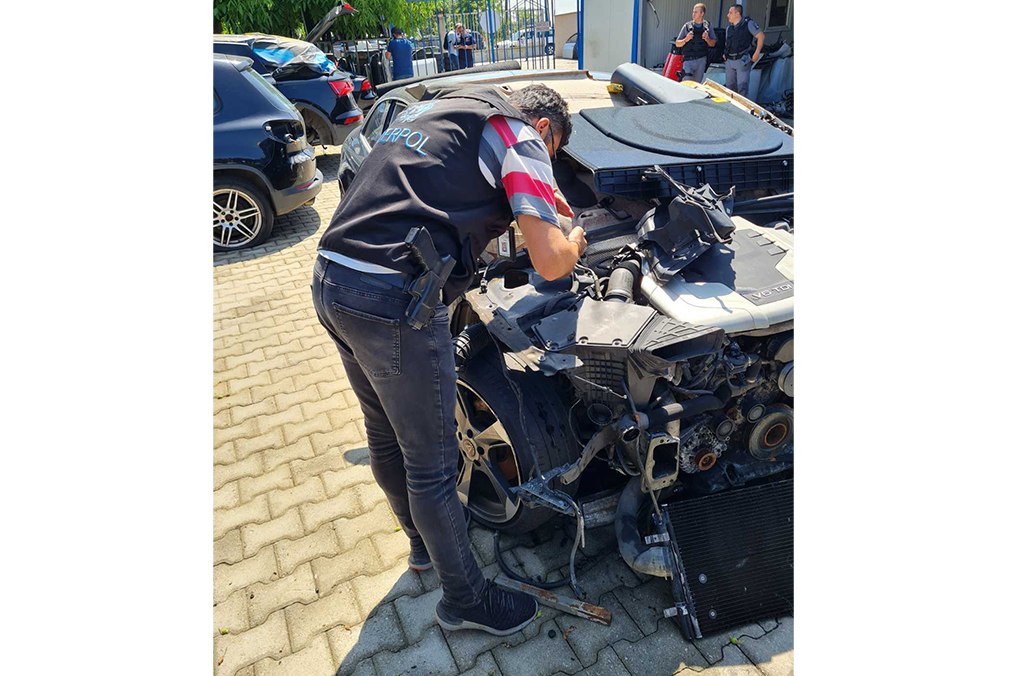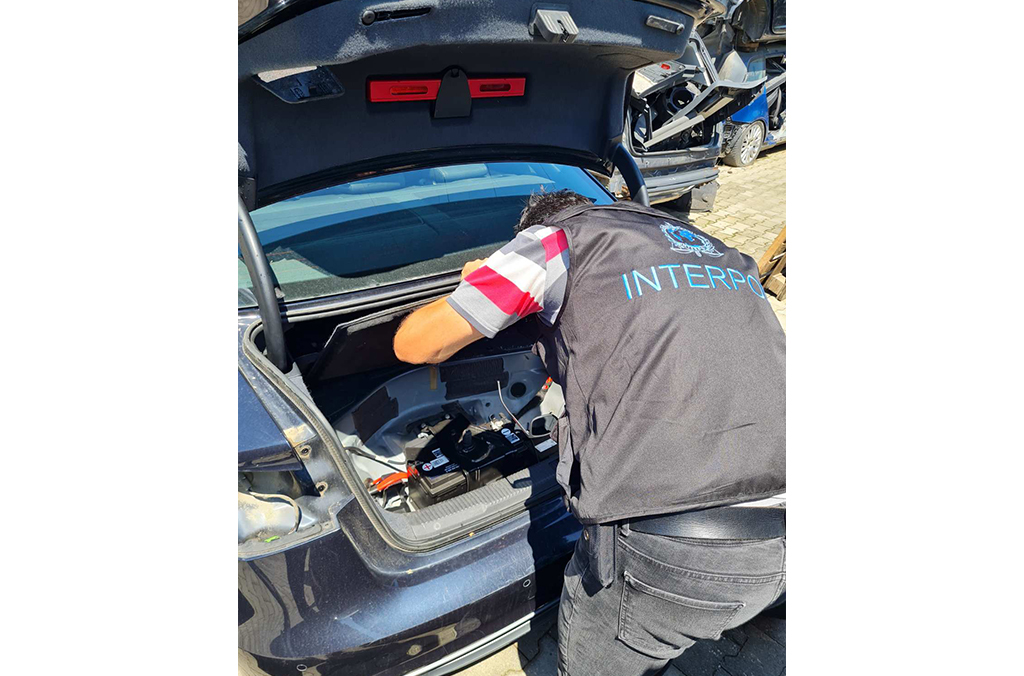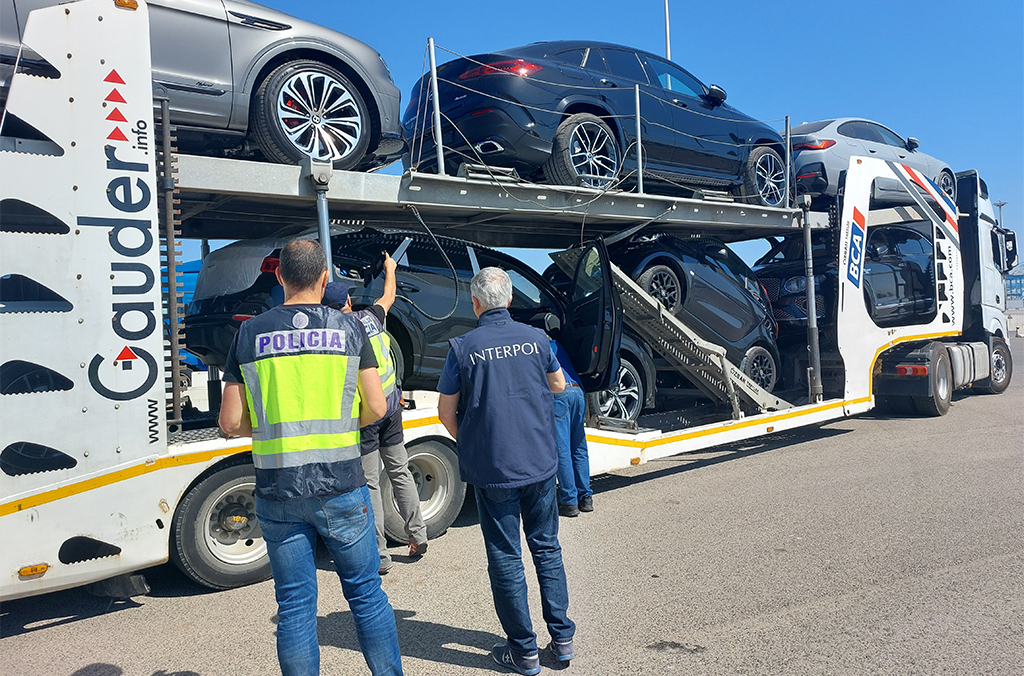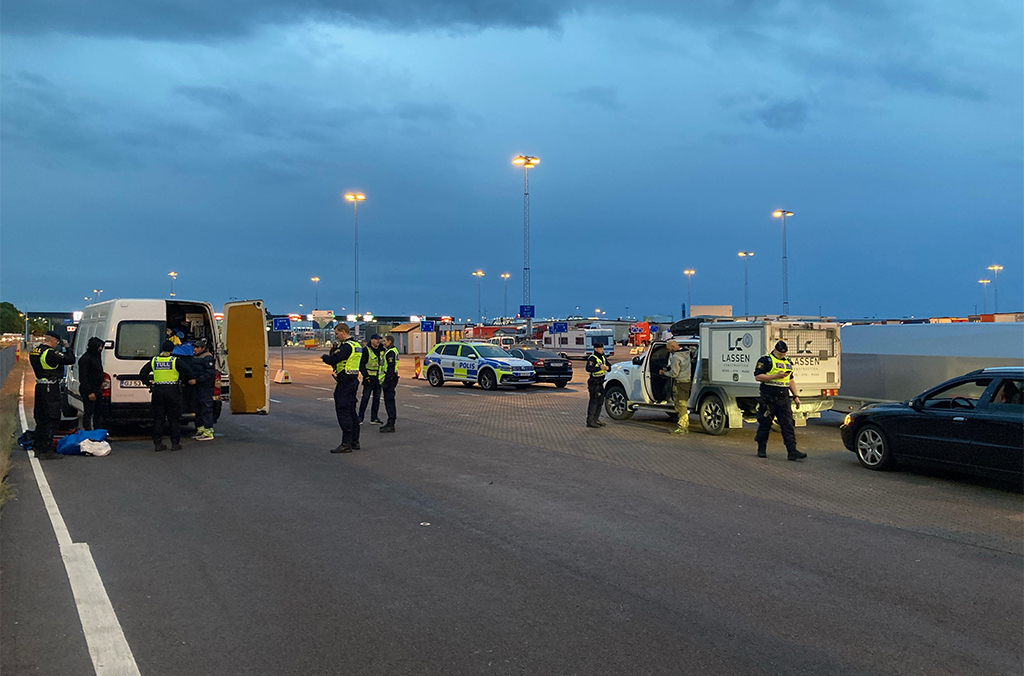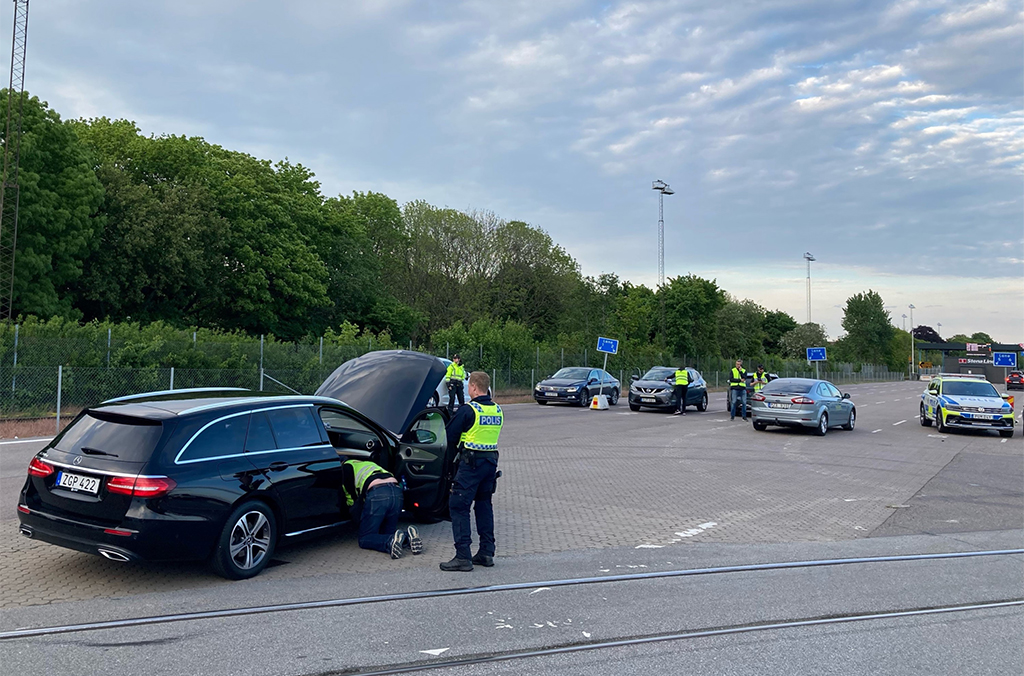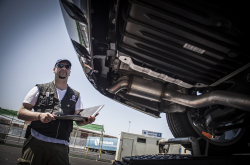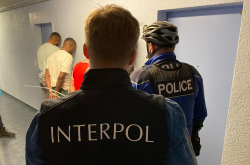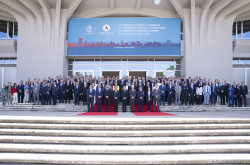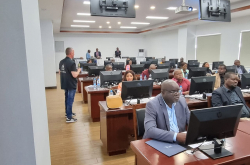LYON, France – A global police operation targeting stolen vehicle trafficking has led to the recovery of hundreds of cars, trucks and motorbikes in just two weeks.
Operation Carback (16-31 May) saw frontline police at seaports and land border crossings in 77 countries use INTERPOL’s secure global police communications network – I-24/7 – to check vehicles and their owners against INTERPOL’s databases and instantaneously detect potential criminals or criminal activity.
In just over two weeks, Operation Carback led to the:
- identification of 1,121 stolen cars and 64 motorcycles;
- arrest or detention of 222 suspected stolen vehicle traffickers;
- detention of 8 suspected people smugglers;
- detection of 26 fraudulent vehicle documents;
- seizure of 480,000 stolen cigarettes.
Officers raided chop shops – places where stolen vehicles are dismantled into parts that are smuggled or sold online - with confiscations triggering further investigations into car crime gangs globally.
INTERPOL supported the operation by crosschecking information collected in the field against its international databases, with Frontex also supporting the European leg of frontline operations.
Experts from INTERPOL’s Stolen Motor Vehicles Unit were deployed to key locations to assist national law enforcement with database checks in the field as well as in exchanging, analyzing and acting on operational data.
With the Vehicle Identification Numbers (VIN) typically removed from stolen cars, on-the-ground assistance from INTERPOL enabled national law enforcement to connect with car manufacturers to identify vehicle origin.
Because stolen vehicles are frequently trafficked in order to finance and carry out crime ranging from drug trafficking, arms dealing and people smuggling to corruption and international terrorism, the INTERPOL General Secretariat headquarters is analyzing intelligence gathered during Operation Carback to identify links with other crime areas.
"With vehicles usually smuggled beyond borders and ending up thousands of miles away from where they were stolen, an international operation like Carback is crucial to enabling police to tackle the networks behind global car trafficking,” said Ilana de Wild, INTERPOL’s Director of Organized and Emerging Crime.
“The main key to the success of Operation Carback is the wealth of information contained in INTERPOL’s Stolen Motor Vehicle database, and the fact that throughout the operation police in the field were able to access this crucial data,” added Ilana de Wild.
Crucial INTERPOL police capabilities
Last year, INTERPOL identified some 248,000 stolen vehicles thanks to the SMV database. More than 130 countries shared their national data with us, and carried out more than 280 million searches.
INTERPOL launched its “Reducing Vehicle Crime and Theft” Program in 2016 with funding from the United Arab Emirates via INTERPOL’s Foundation for a Safer World, which financed Operation Carback 2022.
The INTERPOL Stolen Motor Vehicle (SMV) database includes data on stolen cars, trucks, motorbikes, trailers, caravans, buses and their components.




